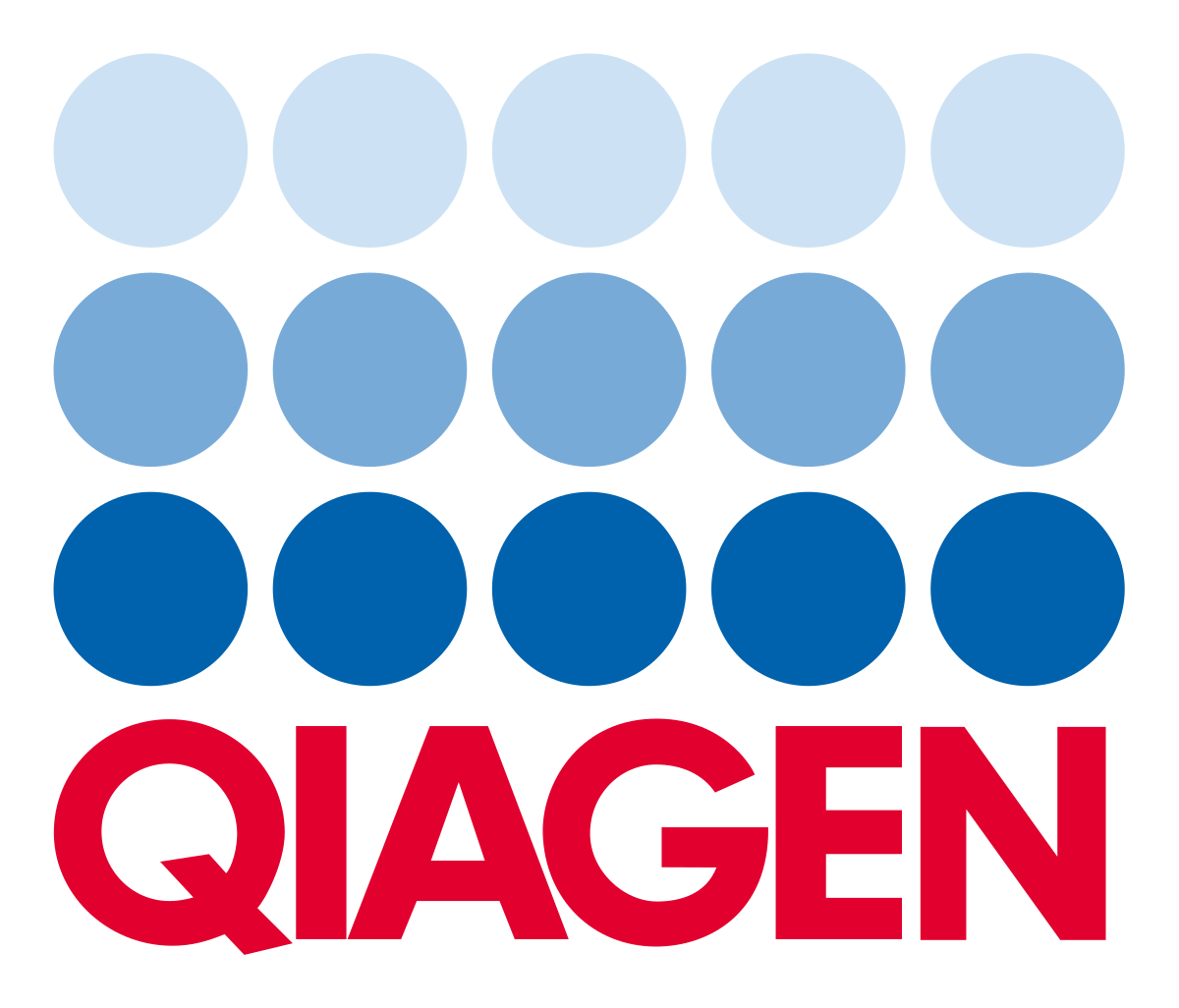Biography
I have completed my Master’s degree in Applied Mathematics at Oles Honchar Dnipro National University and Computer Science at the Warsaw University of Technology. However, my scientific interest in bioinformatics started during my Erasmus exchange at the Barcelona School of Informatics where I was introduced to the data science field. In addition to my personal interest in human genetics, it motivated me to deepen into research and perform the Master’s thesis by combining the expertise from both domains. The project was aiming at analyzing the influence of various pre-processing methods and their parameters on the final results of the classification and clustering algorithms, and their designing in a cloud computing environment for the population stratification using NGS data. In the meantime, I joined a group of scientists and business professionals (established as Zettagene in 2018) led by Prof. Tomasz Gambin. In the team, we combined experience within bioinformatics with the knowledge of the latest technologies in big data and data science. Apart from research, I have also several years of commercial experience working as a Business Analyst for pharmaceutical and biotechnology company Merck KGaA. These shaped my plans for the future which is about running my own bioinformatics company.
Secondments
Secondment 1: Learn tips and tricks about combining semantic modelling, ontologies, linguistics and A.I. for data integration
Secondment 2: Utilise statistical bioinformatics approaches for biological cluster analysis via careful selection of data-integrated units of analysis
Secondment 3: Adopt QIAGEN “sample to insight” principles translated to iPSC
ESR 13 Project
Understanding stress-responsive molecular networks
Accounting for nearly a quarter of global disability, psychiatric disorders represent a pervasive societal challenge, making the need to precisely diagnose and treat these disorders urgent. The genetics of psychiatric diseases is very complex and its biological determinants are only partially known, thus this branch of medicine faces special challenges compared with others. There is already evidence that scientific discovery can lead to improvements in mental health outcomes. However, Psychiatry has suffered tremendously by the limited translational pipeline. There is a grievous gap between the explosion of knowledge in the discipline and conceptually novel treatments for the patients. The ultimate goal of the project is to reduce this gap by unravelling the pathomechanisms of psychiatric disorders and transforming large-scale multiomics data into applicable biomedical knowledge that can inform diagnostic tools and help clinicians to reach a treatment, which is individualized on the biological and clinical features of the patient.
Scientific Interests
My general research interest is in using the combination of data science approaches and biomedical knowledge to gain deeper insight into the molecular basis of human diseases and create novel strategies and computational solutions for their understanding, diagnosis and treatment. I am also interested in communicating about science to general public audiences to promote understanding of complex things in an easy way.
General Interests
I am a dedicated ashtanga practitioner and a passionate yoga teacher, mountains, road and freedom lover. I can spontaneously take my backpack and go somewhere without any clue about the final destination, just towards something new and undiscovered.







